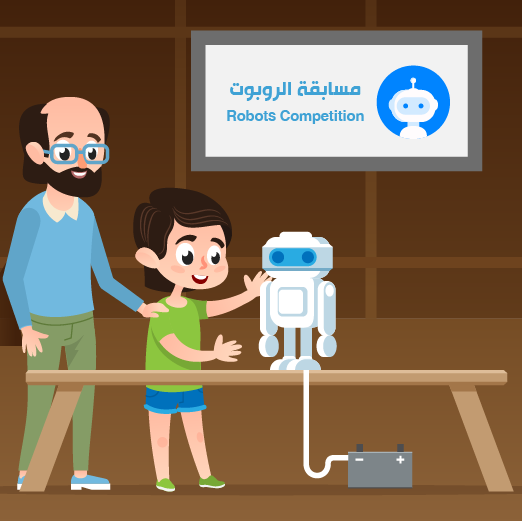Involving gifted children in competitions

Dr. Adnan Mohammed Al-Qadi
Creativity
26
Students in the second cycle of basic education (grades four, five, and six) are in a somewhat sensitive age period, whether emotionally, socially, or physically (organically). They are between complete dependence on the family and cautious dependence on themselves and being influenced by the role model represented by the teacher.
By examining the educational literature on gifted children at this stage, especially with regard to engaging in external competitions and contests away from the school environment and its safe psychological atmosphere from their perspective, the family, represented by the parents, and the school, represented by the teachers closest to them, notice some unhealthy traits such as hesitation, anxiety, tension, fear, confusion, and preferring others to participate instead of them. All of this is not due to their weak abilities, lack of qualification, or expectation of failure, but because they need to prepare their psychology, organize their thoughts, clarify their views, control their expectations, and involve their families with them in making the decision to participate or not due to the challenges and circumstances that they are facing that stimulate abilities. They also need guarantees to compensate for what they may miss from lessons and tests that were presented to their colleagues during their absence from class.. and finally, arranging and managing those competitions and contests; So that their number does not increase in an obscene way that distances the gifted from their original educational field and affects their academic grades.
There is no doubt that competitions and contests are an integral part of the care services provided to gifted children in their schools, and they should be provided in a thoughtful and intentional manner, taking into account the involvement of the largest possible number of them, without focusing on some children without others or a class that is marginalized for the sake of another; and diversifying them so that they include many areas of talent that ensure justice in discovering and identifying them, and then involving them while they are young; with the aim of investing what they have when they are adults.
Did you benefit from the information provided on this page?
visitors liked this page



